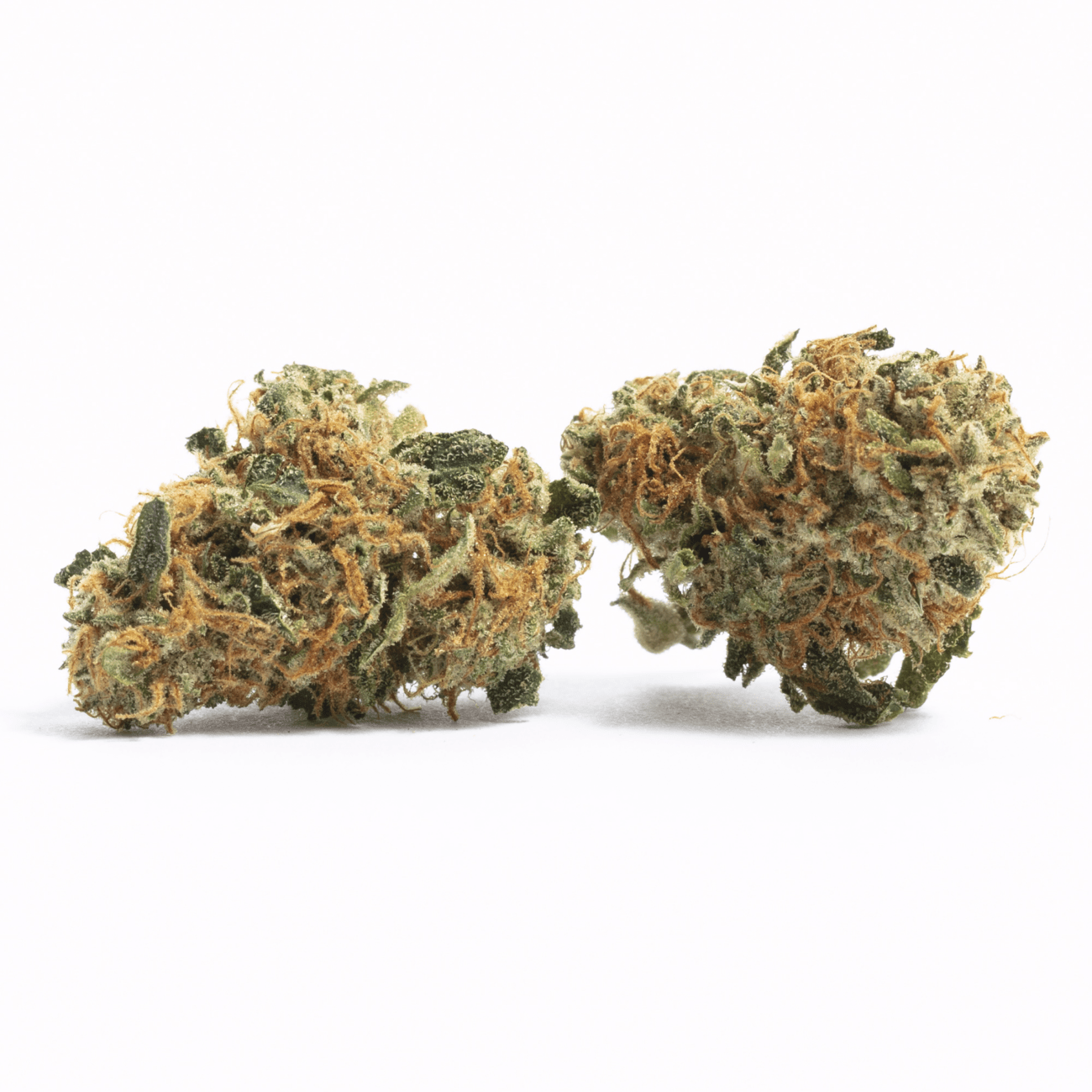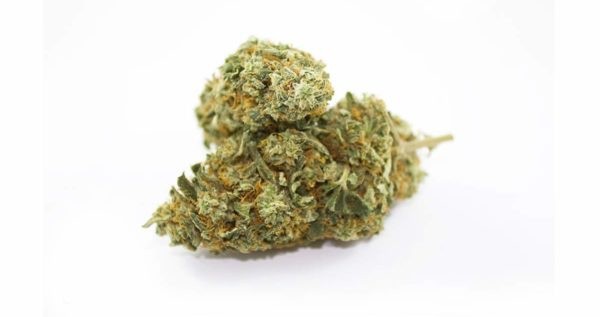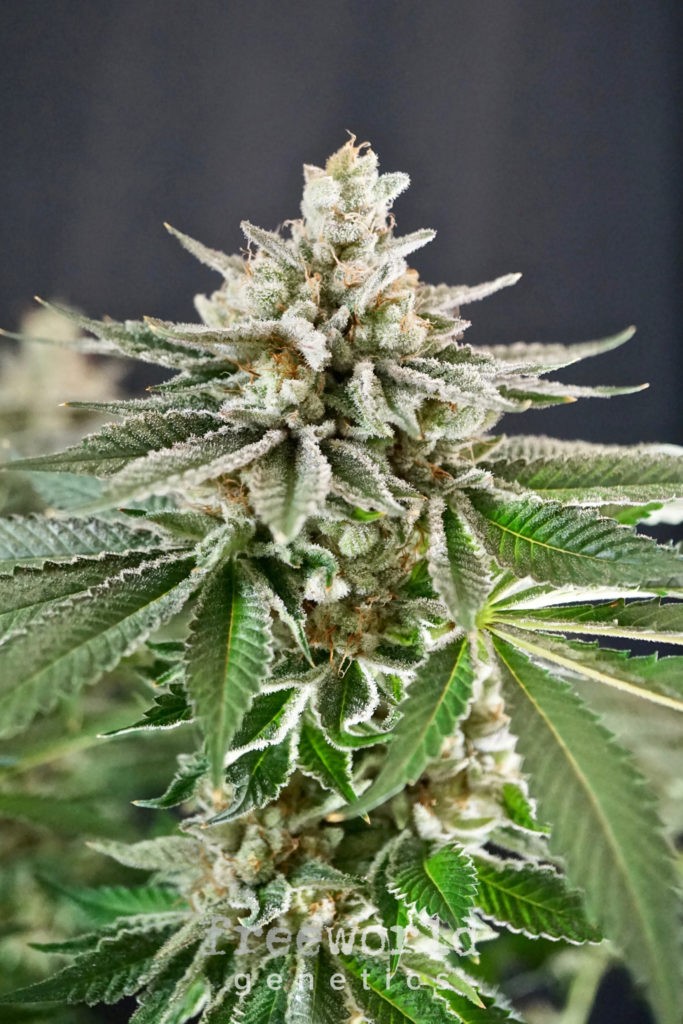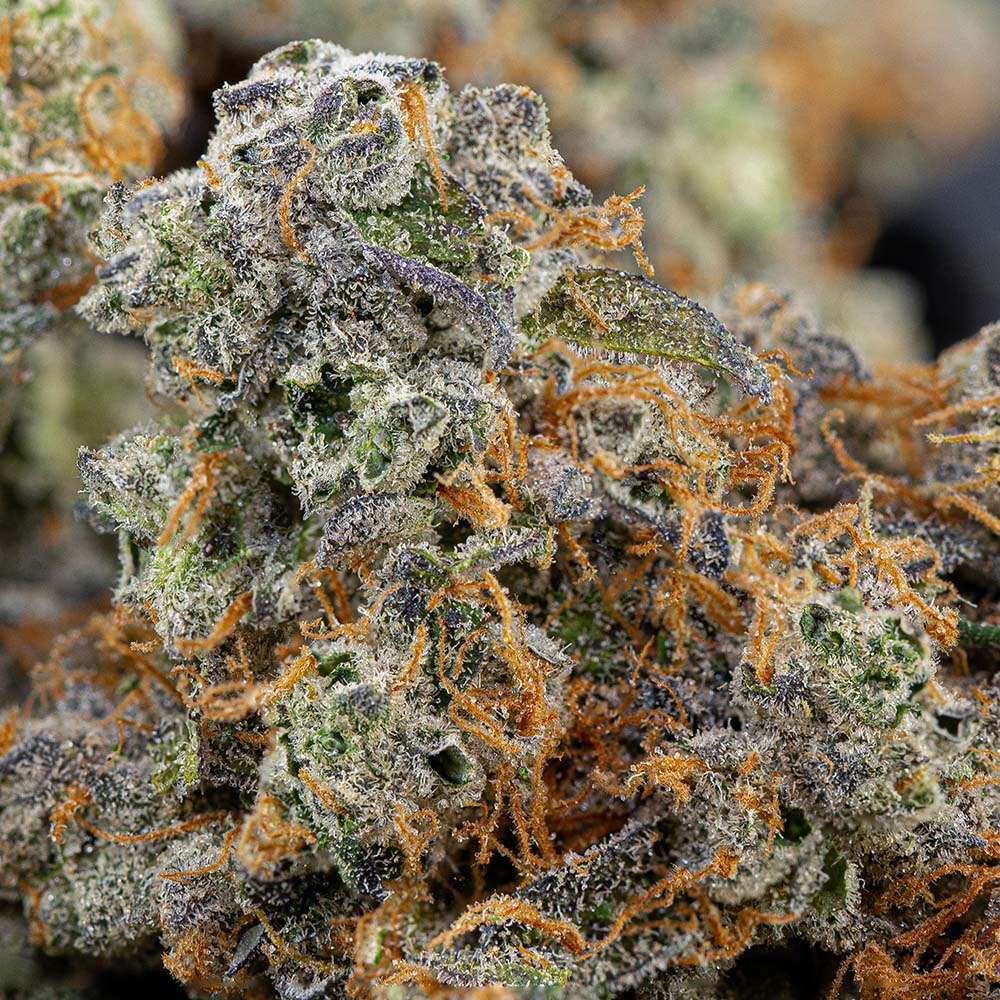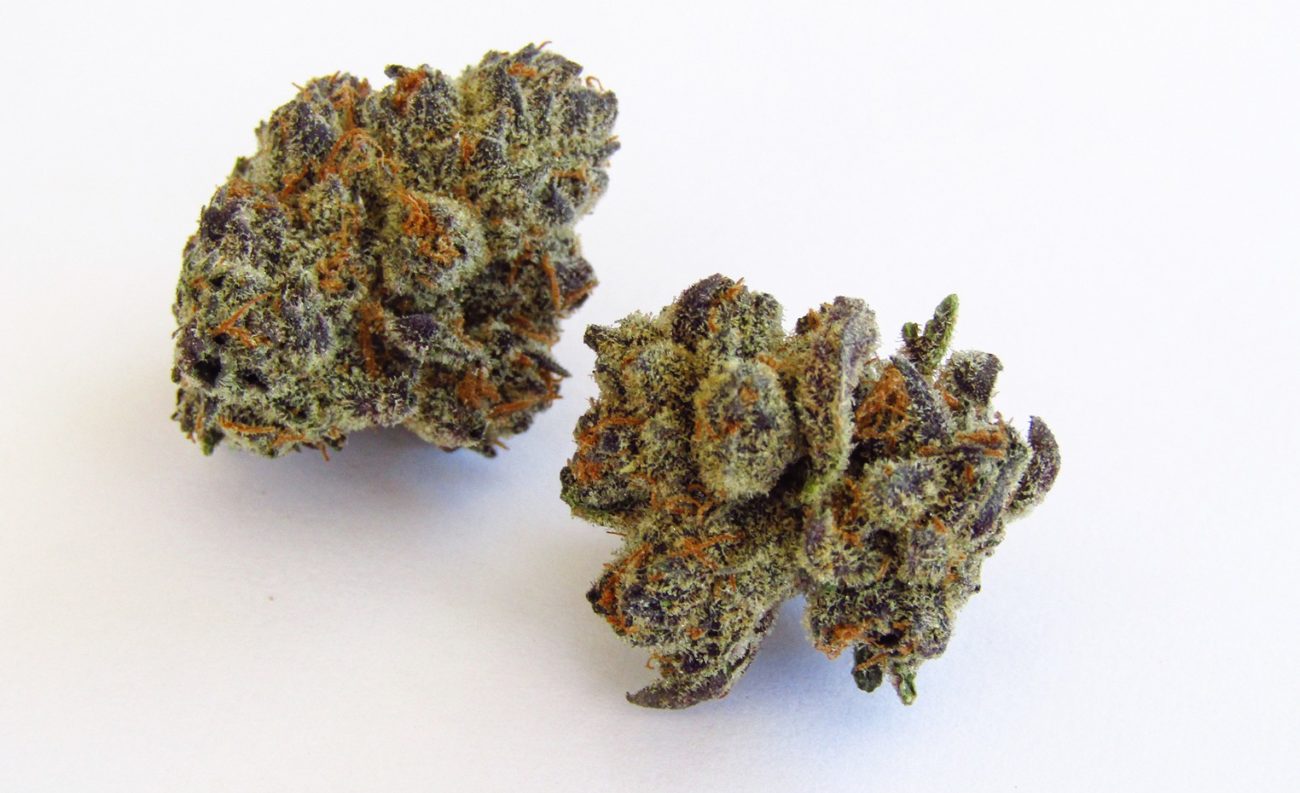Recreational Marijuana Health Benefits: Understanding the Therapeutic Potential of Medical Cannabis
As more states, including Colorado, legalize recreational marijuana; there is an increasing interest in understanding its health benefits and therapeutic potential. Medical cannabis, often referred to as marijuana, has been gaining recognition for its various health advantages. Let’s delve into the health benefits of recreational marijuana and explore its therapeutic potential, shedding light on why many adults are turning to this natural remedy.
Understanding the Health Benefits of Recreational Marijuana:
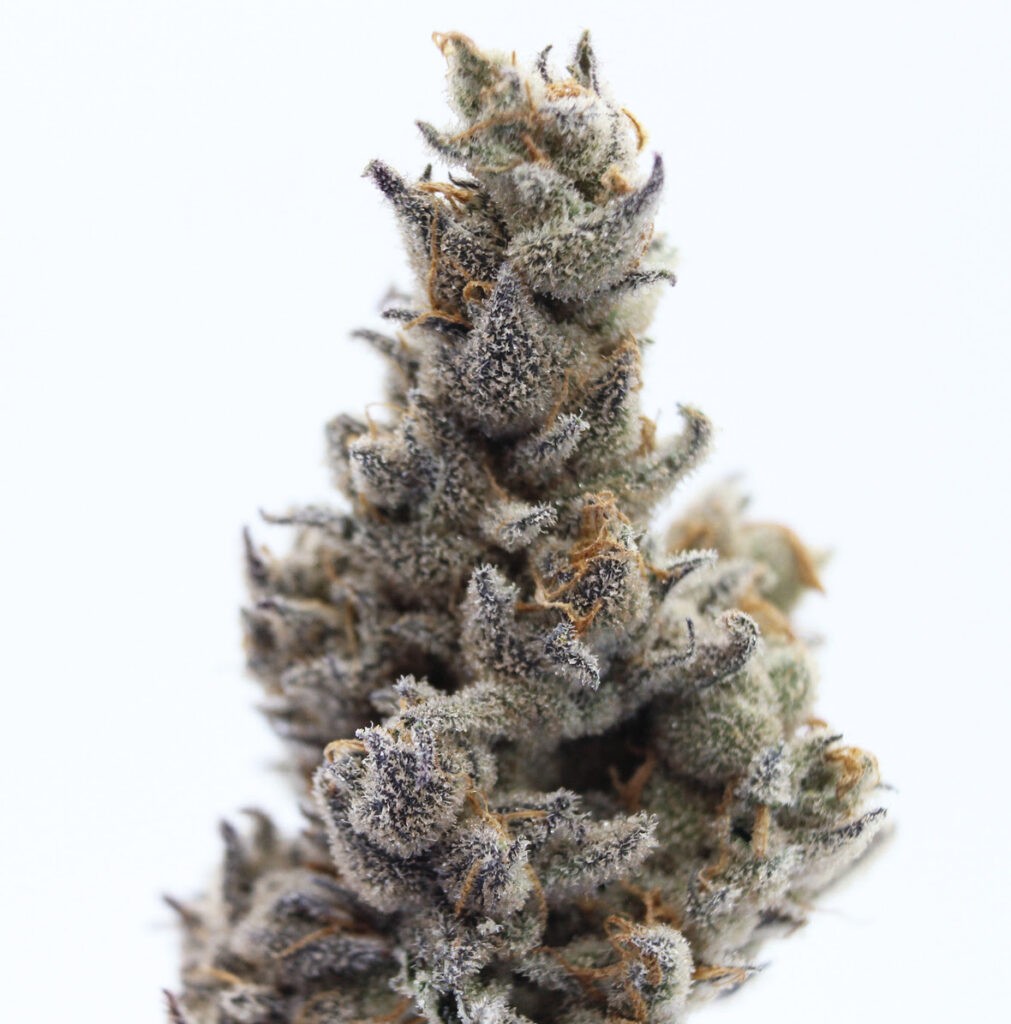
1. Pain Management: One of the most well-known health benefits of medical cannabis is its effectiveness in managing chronic pain. Marijuana contains cannabinoids, such as THC and CBD, which interact with the body’s endocannabinoid system, helping to alleviate pain and inflammation.
2. Anxiety and Stress Relief: For adults struggling with anxiety and stress, recreational marijuana can offer a sense of relaxation and calm. Certain strains of marijuana are known for their anxiolytic properties, providing relief from anxiety-related symptoms.
3. Sleep Improvement: Medical cannabis is also valued for its potential to improve sleep quality. Individuals with insomnia or sleep disorders may find that using marijuana helps them fall asleep faster and experience a more restful night’s sleep.
4. Appetite Stimulation: Recreational marijuana has been used to stimulate appetite, particularly in individuals undergoing chemotherapy or dealing with eating disorders. It can help increase food intake and combat nausea.
Marijuana’s Therapeutic Potential:
1. Neuroprotective Properties: Research suggests that cannabinoids found in marijuana may have neuroprotective properties, potentially offering benefits for individuals with neurodegenerative diseases like Alzheimer’s and Parkinson’s.
2. Anti-Seizure Effects: Medical cannabis has demonstrated anticonvulsant properties, making it a potential treatment option for individuals with epilepsy or seizure disorders.
3. Anti-Inflammatory Benefits: Marijuana’s anti-inflammatory properties can be valuable in managing conditions such as arthritis and inflammatory bowel disease.
4. Mental Health Conditions: Some studies suggest that medical cannabis may have therapeutic effects on certain mental health conditions, such as depression and post-traumatic stress disorder (PTSD).
Important Considerations:
While there are numerous potential health benefits associated with recreational marijuana, it’s essential to approach its use responsibly and with informed guidance. Before using medical cannabis, it’s advisable to consult a healthcare professional who can assess your individual health needs and provide personalized recommendations.
Recreational marijuana, or medical cannabis, offers a range of health benefits and therapeutic potential for adults in Colorado and beyond. From pain management and anxiety relief to sleep improvement and appetite stimulation, marijuana’s cannabinoids interact with the body’s endocannabinoid system to provide relief from various ailments. However, it’s crucial to approach marijuana use responsibly and seek guidance from a healthcare professional to ensure safe and effective outcomes. As research on medical cannabis continues to evolve, more adults may find this natural remedy to be a valuable addition to their health and wellness routine.

